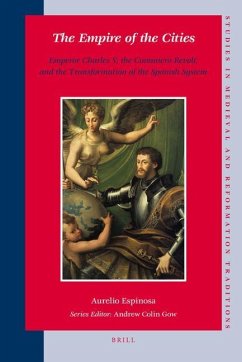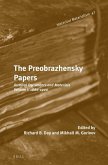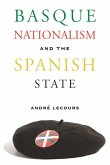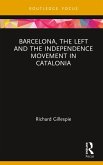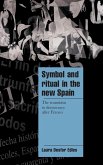This study of the Spanish monarchy, bureaucracy and representative government under Charles V before and after the "comunero" revolt (1520-1521) demonstrates how the emperor and Castilian republics institutionalized management procedures that promoted accountability, advanced a meritocracy, and facilitated expansionism and domestic stability.
Starting in the nineteenth century the scholarly consensus has been to attribute the decline of the Spanish empire to structural rigidity, corrupt bureaucracy and repressive policies. In "The Empire of the Cities," Aurelio Espinosa challenges these theories and offers groundbreaking insight into Spaina (TM)s political process and emphasizes early modern state formation. Spaina (TM)s empire should no longer be viewed simply as a symbol of royal absolutism and dominance. Rather it functioned as a collection of autonomous municipalities interconnected by a parliament that articulated domestic programs and foreign policy. Professor Espinosa also provides a more nuanced understanding of the monarchical government in revealing new insight into royal institutions and management procedures under Emperor Charles V. "The Empire of the Cities" offers a fascinating and penetrating look inside Spaina (TM)s political system that encouraged both expansionism and domestic stability.
Starting in the nineteenth century the scholarly consensus has been to attribute the decline of the Spanish empire to structural rigidity, corrupt bureaucracy and repressive policies. In "The Empire of the Cities," Aurelio Espinosa challenges these theories and offers groundbreaking insight into Spaina (TM)s political process and emphasizes early modern state formation. Spaina (TM)s empire should no longer be viewed simply as a symbol of royal absolutism and dominance. Rather it functioned as a collection of autonomous municipalities interconnected by a parliament that articulated domestic programs and foreign policy. Professor Espinosa also provides a more nuanced understanding of the monarchical government in revealing new insight into royal institutions and management procedures under Emperor Charles V. "The Empire of the Cities" offers a fascinating and penetrating look inside Spaina (TM)s political system that encouraged both expansionism and domestic stability.

